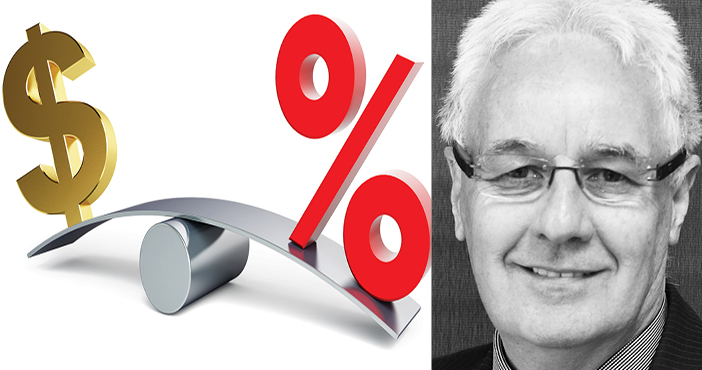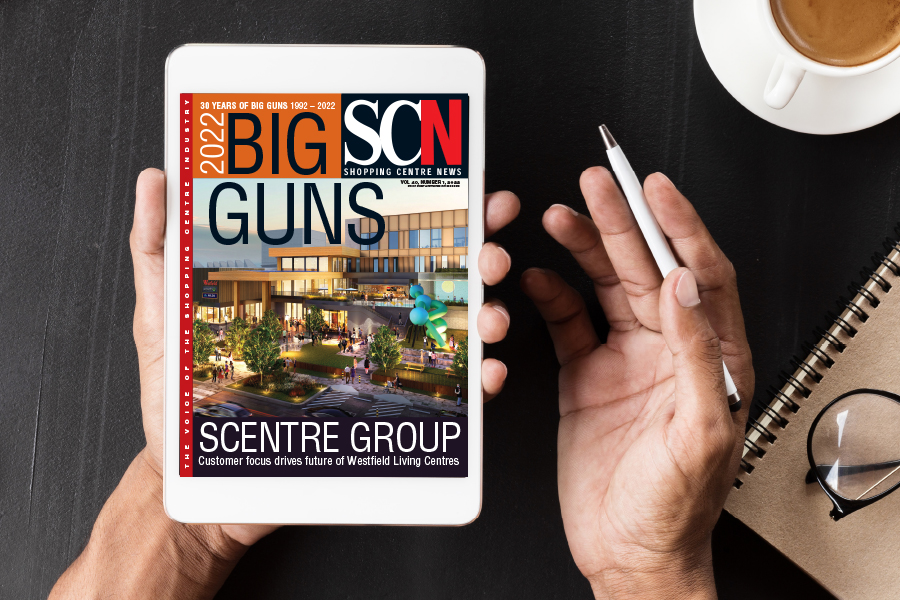With the Federal election now over and done with for another three years, and a fresh new financial year, retailers will be eager to get on with the business of winter sales and Christmas planning.
Although Christmas may seem like a blip on the horizon for most in August, it is in fact the most effective time for retailers to begin planning merchandise and promotions for the festive season. While in planning mode, there’s a few other recent developments for which retailers will be making adjustments.
The Federal Government has increased the national minimum wage by 2.4% to $672.20 a week, or $17.70 an hour. For retailers it will see the rate for shop assistants rise by $17.30 per week to $738.80 per week, or $19.44 per hour. The increases are effective from the first full pay period after July 1.
In other financial news for retailers, the Reserve Bank of Australia has released a number of recommendations on payment system reform, chief among these the reduction of costs for retailers accepting regulated cards.
Effective September 1 this year for large retailers and September 1 next year for small retailers, the reforms place caps on the interchange fee for merchants on debit cards, prepaid cards and credit cards in a bid to reduce surcharging on card payments by retailers.
The ARA has been working with the RBA for some time to reduce merchant fees and have credit cards such as American Express and Diner’s Club regulated. The capping of premium card charges at 0.8%, and the more regular weighted average benchmark setting at 0.5%, will drive lower costs for retailers.
It is the ARA’s belief that retailers do not like passing on surcharges to consumers and, where costs are reasonable on payment systems, retailers don’t surcharge. Both parties are expected to benefit from lower costs as a result of these changes.
Something the ARA is increasingly asked to comment on is the falling value of the Australian dollar and its impact on retail. The Australian dollar has dropped in value considerably over the past 18 months, and is currently hovering between 70 and 75 cents compared to the US dollar.
As this devaluing has been foreseen for some time, many retailers are prepared and have built sufficient margins into their pricing to have been able to absorb increases in product prices to ensure consumers are not impacted. As most product is forward purchased at least six months before hitting the shelves, the true impact of the lower dollar is also not yet being felt; however, this cannot last forever.
Should the dollar continue its fall, the next 12 months may tell a different story, dependent on how individual retailers purchase their stock, and how they choose to manage price increases – by handing a proportion to consumers via their own price rises, or absorbing the higher costs themselves and taking a hit to the bottom line.
While retail sales figures still appear to have some slight growth at 3.6% year on year for the month of April, supermarket spending is beginning to feel the pinch with a slower 2.4% increase compared to April last year. This is due to the competitive supermarket environments, and tighter margins than supermarkets have typically enjoyed in the past.
Lastly, the annual eftpos ARA Australian Retail Awards breakfast will be held at Melbourne’s Grand Hyatt on August 10. The event is Australia’s premier retail awards program, rewarding and recognising Australian retailers for their success and contribution to the industry across a number of fields, including innovation, multichannel, independent retail, shop fit-outs and, of course, the eftpos Australian Retailer of the Year. We’d love to see you there! SCN




















